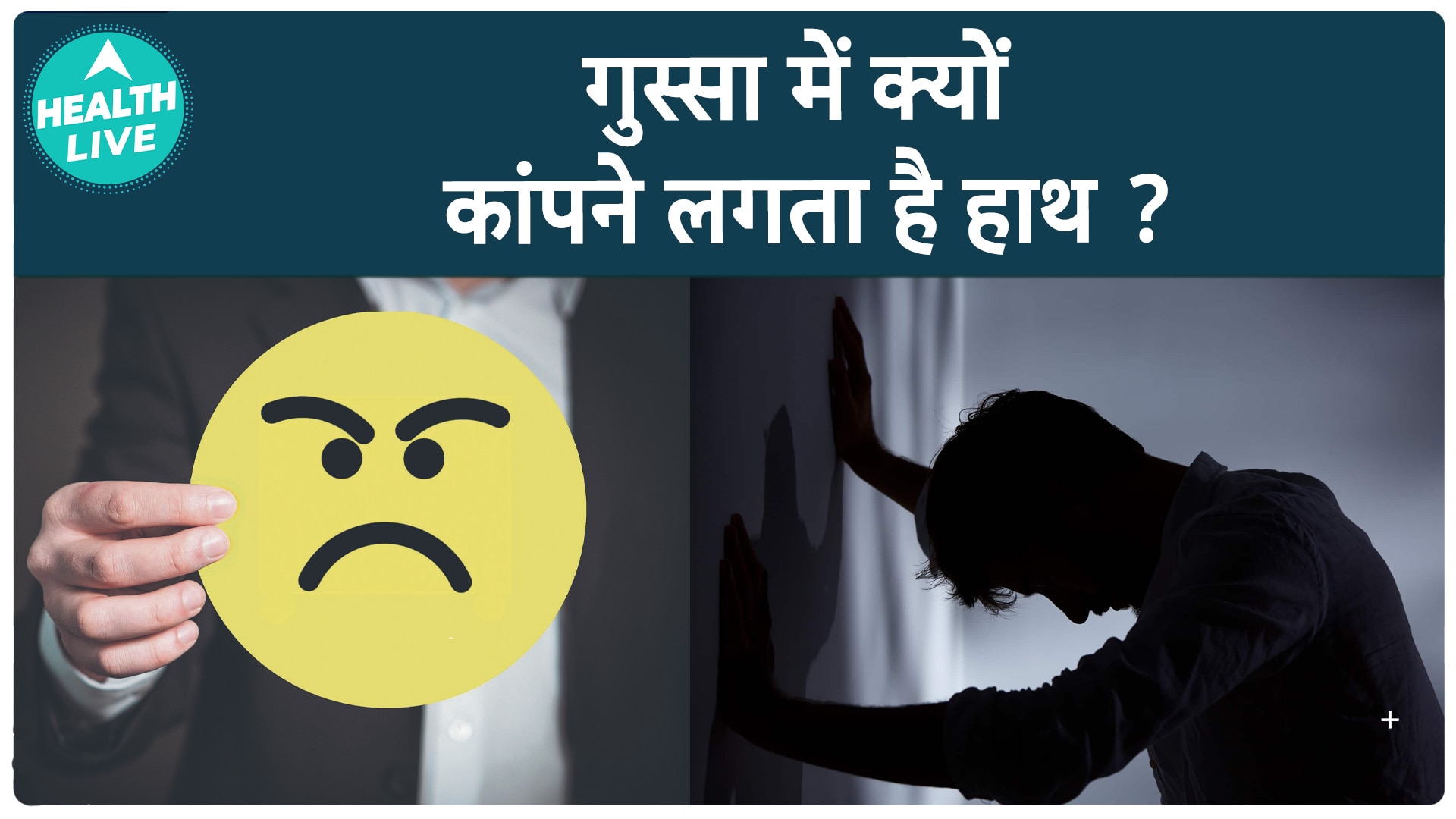With just six years to the set target to end open defecation (OD) in Nigeria, the Federal Government has joined forces with some key partners including UNICEF and the private sector to accelerate using hygiene and sanitation to eliminate OD and simultaneously eradicating neglected tropical diseases (NTDs). The worry of the authority and concerned stakeholders stem from the fact that while the 2030 global target date to end OD is close by there isn’t much recorded in terms of progress, suggesting that Nigeria could miss the set target. These are the highlights of a two-day Media Dialogue on ‘Ending Open Defecation in Nigeria and Eliminating Neglected Tropical Diseases, NTDs,’ which was held in Lagos State from September 12 to 13.
According to the 2021 WASHNORM reports, over 48 million Nigerians continue to engage in OD. The National Coordinator Clean Nigeria Campaign, an affiliate of the Federation Ministry of Water Resources and Sanitation, Mrs Chizoma Opara, explained that OD is a significant contributor to the spread of NTDs including, dengue fever, Chikungunya fever, Human African trypanosomiasis, rabies, Leprosy (Hansen’s disease), Leishmaniasis, Lymphatic filarasis (Elephantitis), among others. Opara said that in Nigeria, over 200 million people are affected by at least one NTD.

These diseases are transmitted through contaminated soil and faeces, perpetuating cycles of poverty, malnutrition, and ill health in the country. According to Opara, addressing OD is crucial for reducing NTD transmission and saving lives. Monday Johnson, UNICEF Specialist for Lagos Field Office, also confirmed an association between OD and NTDs.
Describing NTDs as diseases found among the povertystricken people in communities that nobody is really paying attention to, he said NTDs can be tackled if citizens have a positive sanitation and hygiene behaviour which will deal with the life cycle of these diseases and cut them off from actually manifesting in people. He cited the example of helminthiasis, a worm infections that is basically passed through faeces. According to him, when we leave faeces in the environment, children will pick up fruits around the faeces, improperly washed food, and then will ingest these food that carries ascariasis.
“Ascariasis is an infection of the small intestine caused by Ascaris lumbricoides, which is a species of roundworm.” “The children pick up the ascaris cyst and then they become infected with the Ascaris Lumbricoides, which is the common worm that we treat in schools, and the cycle continues. Those worms will lay eggs, and then it’s being passed again out in the faeces, and then people take them in.
” Johnson reasoned , “If there is no faeces left in the environment, definitely there will not be any issue of soil transmitted diseases; people pick them up, people ingest them from the environment. So, once the OD is tackled, then these diseases will go.” He also said Schistosomiasis is found where children passing blood in their urine, and the disease is basically a water-based disease.
It’s actually pierced through the skin, and the transmission is through infected persons urinate inside the water, the larva of the eggs producing the worms pass through snails, and thereafter shed into the river. “When you pass through that water unknown to you, the disease will enter your skin.” Consequently, Johnson said if there is no urination into the water body, then you wouldn’t have this disease.
“That is why we are saying that by the time we are able to tackle OD issues, these diseases will automatically go. Irrespective of these knowledge, however huge challenges abound. Opara said that only 18 per cent of Nigerians representing 37 million people have access to safely managed sanitation services, needed to effectively address OD.
On its part, the UNICEF Chief of Water, Sanitation and Hygiene (WASH), Jane Bevan said many of the NTDs are transmitted through poor sanitation, adding that “Unless we all practice safe sanitation and hygiene, there is a risk that we will all get more NTDs. Bevan said that practicing hand washing is perhaps the most affordable immunization that all Nigerians, including children, can receive that will actually assist to save lives and avoid some of these diseases “We have been able to achieve 126 open defecation-free LGAs in the country and we are working hard to ensure more LGAs achieve open defecation-free (ODF) status,” she added. “UNICEF has said that water, sanitation and hygiene (WASH) are critical in the prevention and care for all these diseases.
“UNICEF which also decried the endemic nature of OD in the country has posited that addressing OD will help to eliminate NTDs in the country. Johnson therefore urged Nigerians to adopt health behavioural change “Stopping OD is just changing behaviour,” he said, adding that it is not dignifying for anyone to defecate in the open. On her part, UNICEF chief of WASH, said UNICEF works very closely with the government and Clean Nigeria campaign to make a difference on the issue of poor sanitation and OD in the country.
“We have been able to achieve 126 open defecation-free LGAs in the country and we are working hard to ensure more LGAs achieve open defecation-free (ODF) status,” she added. UNICEF Communication Officer, Blessing Ejiofor, said Nigeria will not be able to achieve health interventions, without addressing issues around OD. This is even as she urged the media to create more awareness on the danger of OD and the need to end the menace.
However to make toilets available, an Assistant Director, WASH Tracking at the Federation Ministry of Water Resources and Sanitation, Adeyemo Joseph highlighted that the achieved 126 ODF LGAs are part of the progress. He said, “Years back, we didn’t have anything like that: now, we are carrying all relevant stakeholders along to make sure that we achieve the same in all 774 LGAs in the nearest future,” On addressing 48 million Nigerians still defecating in the open, Adeyemo noted that the nation’s population is increasing even as we are driving this sensitisation/campaign. However, part of the objectives of the two-day media dialogue is to get the buy-in of the private sector majority of which are now being encouraged to intervene and build toilets, not for corporate social responsibility (CSR) but as business ventures.
The plan according to the National Coordinator Clean Nigeria Campaign is to make such ventures sustainable for both the present and future population..


















